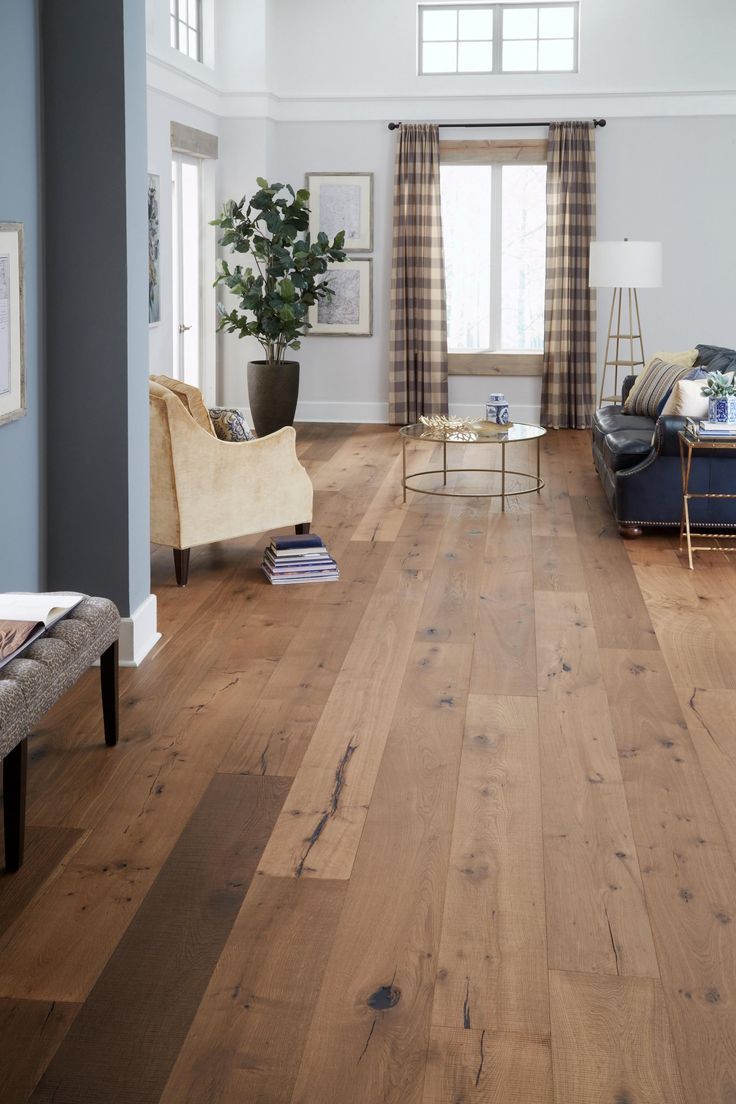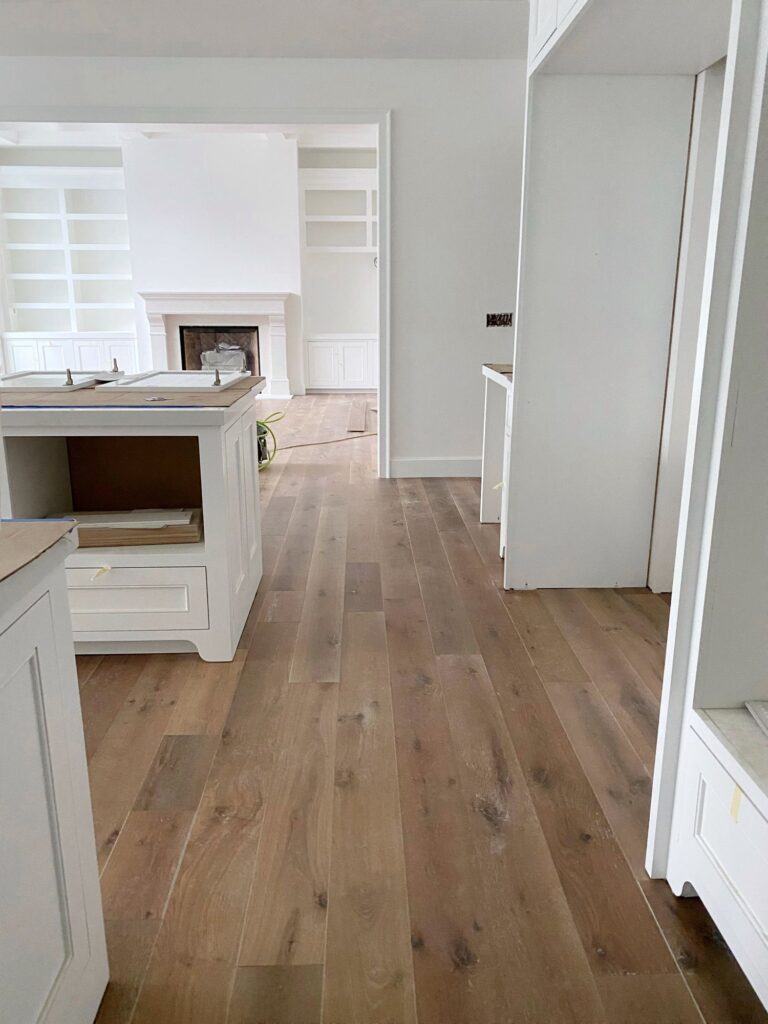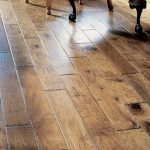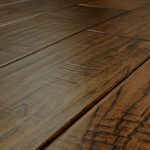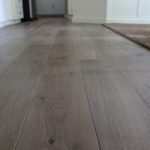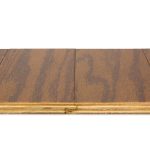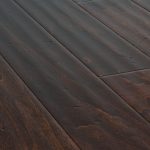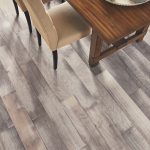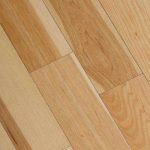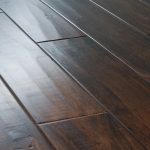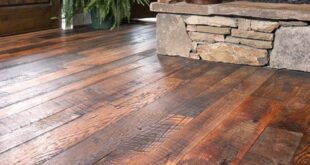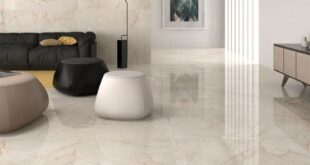When looking to upgrade the flooring in your home, one of the biggest decisions you’ll have to make is whether to go with engineered hardwood or solid hardwood. Both options have their pros and cons, so it’s important to weigh them carefully before making a decision. In this article, we will compare engineered hardwood vs. solid hardwood to help you make the best choice for your needs.
Solid hardwood is exactly what it sounds like – solid pieces of wood typically made from a single hardwood species such as oak or maple. Engineered hardwood, on the other hand, is made up of multiple layers of wood with a hardwood veneer on top. Both types of flooring can add beauty and value to your home, but there are some key differences to consider.
One major difference between engineered and solid hardwood is their construction. Solid hardwood is more susceptible to moisture and humidity, which can cause it to warp or buckle over time. Engineered hardwood, on the other hand, is more stable and less prone to these issues because of its layered construction. This makes engineered hardwood a better choice for areas with high humidity levels, such as basements or bathrooms.
Another difference between the two types of flooring is their installation methods. Solid hardwood is typically nailed or stapled down, which can be a more time-consuming and costly process. Engineered hardwood can be installed using a variety of methods, including glue-down, floating, or nail-down, making it a more versatile option for different types of subfloors.
When it comes to maintenance, both engineered and solid hardwood require regular cleaning and maintenance to keep them looking their best. However, solid hardwood can be refinished multiple times over its lifespan, whereas engineered hardwood can only be refinished once or twice depending on the thickness of the hardwood veneer.
In terms of cost, engineered hardwood is generally more affordable than solid hardwood. This is because it is made from less expensive materials and can be produced more efficiently. However, solid hardwood may offer a better return on investment in terms of increasing the value of your home.
Ultimately, the choice between engineered hardwood and solid hardwood comes down to your budget, lifestyle, and personal preferences. If you are looking for a more budget-friendly option that is resistant to moisture and easy to install, engineered hardwood may be the best choice for you. However, if you prioritize durability and the ability to refinish your floors multiple times, solid hardwood may be the better option.
In conclusion, both engineered hardwood and solid hardwood have their own unique advantages and disadvantages. By considering factors such as construction, installation, maintenance, cost, and durability, you can make an informed decision on which type of hardwood flooring is the best fit for your home.
 goodworksfurniture Decoration and home design ideas
goodworksfurniture Decoration and home design ideas
